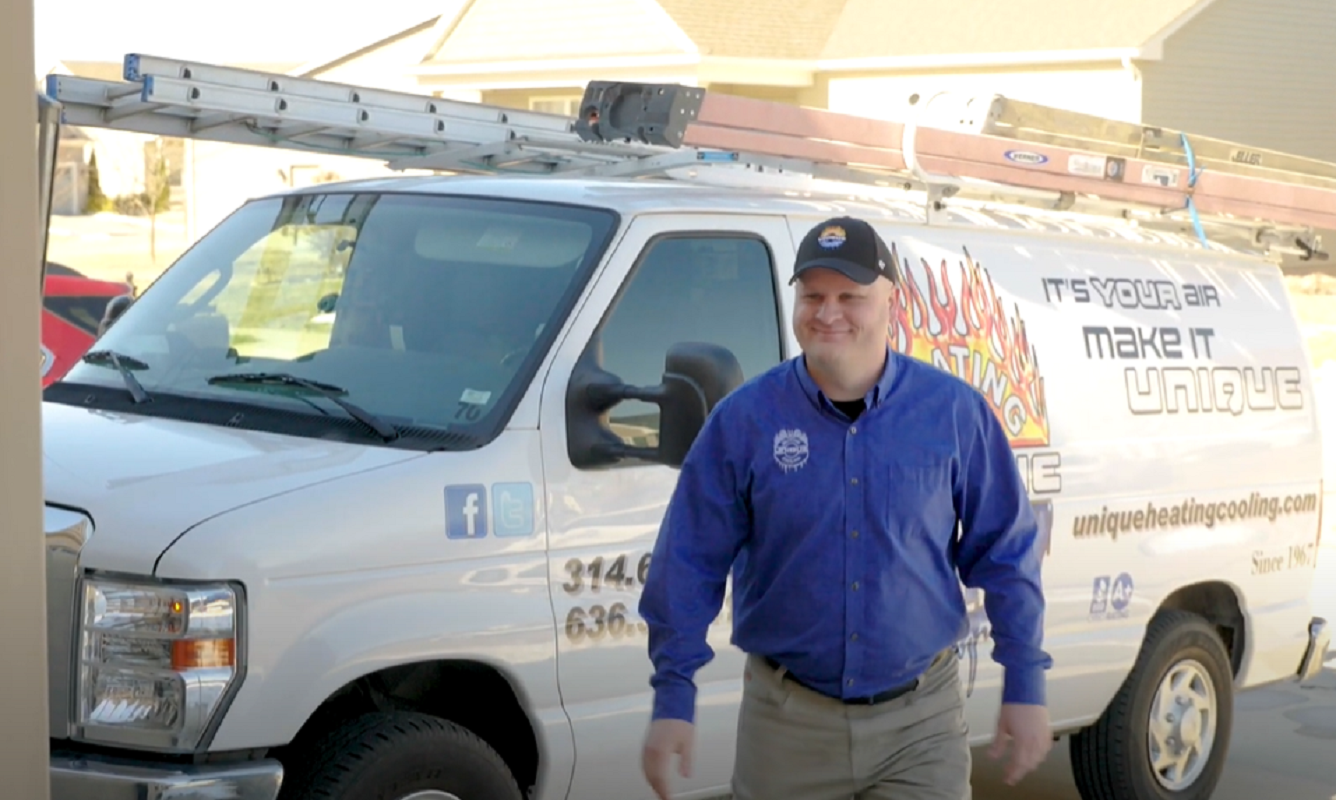Mini split services in St. Louis, MO
Mini split services in St. Louis, MO provide ductless HVAC solutions for targeted comfort in homes and small spaces. This page covers sizing and consultation, professional installation steps, refrigerant and electrical requirements, routine maintenance, common repairs, and warranty considerations. It also guides choosing indoor unit styles and outdoor condenser placement to suit St. Louis' climate and historic homes without ductwork. Readers will understand how proper sizing, expert installation, and regular upkeep ensure reliable, efficient performance year-round.

Mini Split Services in St. Louis, MO
In St. Louis, where summers are hot and humid and winters bring biting cold, many homeowners are turning to mini split systems for efficient, targeted comfort. These ductless HVAC systems provide zoned heating and cooling, making them ideal for older or historic homes without ductwork, finished basements, additions, or any space where full central HVAC isn’t practical.
At Unique Heating & Cooling, we provide expert mini split installation, repair, and maintenance services throughout the St. Louis Metro Area. Our goal is to help you maximize comfort, efficiency, and system reliability year-round.
Why Choose Ductless HVAC Solutions in St. Louis?
Mini splits offer several advantages for local homeowners:
- Zoned comfort: Control temperatures independently in bedrooms, additions, basements, or other specific areas.
- Energy efficiency: Avoid heating/cooling unused spaces. High-SEER models perform well in St. Louis summers.
- Minimal disruption: No ductwork required—perfect for older and historic homes.
- Humidity control: Properly sized systems effectively reduce excess moisture, improving indoor comfort.
Common Mini Split Issues in St. Louis
While mini splits are reliable, local climate conditions can create unique challenges. Common issues include:
- Poor cooling in high humidity (often due to oversized units)
- Frozen indoor coils in heating mode or during defrost cycles
- Refrigerant leaks, leading to higher energy bills and reduced performance
- Clogged condensate drains causing water leaks in humid months
- Outdoor condenser problems from freeze-thaw cycles, road salt, or pollen buildup
- Electrical faults from inadequate protection or loose wiring
- Smart connectivity issues such as Wi-Fi pairing errors or faulty sensors
System Sizing & Consultation
Proper sizing is critical for performance. Our technicians follow proven steps during consultation:
- Home assessment: Room orientation, insulation levels, ceiling height, and window area.
- Load calculation (Manual J): Ensures correct capacity—avoids oversizing and short cycling.
- Zoning discussion: Single-zone vs. multi-zone systems depending on your needs.
- Unit selection: Guidance on wall-mounted, ceiling cassette, or floor console units.
- Outdoor placement: Recommendations for clearance, drainage, and noise reduction.
Professional Mini Split Installation Steps
When you choose our team, you can expect a detailed, code-compliant installation process:
- Site preparation – Inspect mounting walls, confirm airflow, and select outdoor condenser location.
- Electrical review – Install a dedicated circuit/disconnect per local code (115V or 208/230V depending on model).
- Line set routing – Run refrigerant, condensate, and control wiring through a small wall penetration.
- Brazing & leak testing – Pressure-test refrigerant lines for integrity.
- Vacuum & charge – Remove air/moisture and charge refrigerant to manufacturer specifications.
- Mounting & sealing – Secure indoor units, test drainage, and seal penetrations.
- System commissioning – Power up, check modes, calibrate controls, and walk you through operation.
Refrigerant & Electrical Requirements
- Refrigerants: Most systems use R-410A; some newer models use R-32 for improved efficiency.
- Electrical: Dedicated circuit and properly sized breaker required; outdoor condensers need safe mounting and clearance.
- Permits & codes: We handle all necessary permits and ensure compliance with St. Louis mechanical/electrical codes.
Routine Maintenance & Filter Care
Regular service is essential in St. Louis’s humid summers and cold winters.
- Monthly–Quarterly: Clean/vacuum filters; check indoor coils.
- Annually: Professional tune-up including refrigerant check, coil cleaning, electrical inspection, condensate drain clearing, and defrost cycle testing.
- Seasonal: Maintain 24" clearance around outdoor unit, remove leaves/pollen, and clear snow/ice buildup.
Common Repairs & Symptoms
We provide fast diagnostics and repair for all major ductless system issues:
- Refrigerant leaks – Reduced cooling, hissing, or oil stains near line sets.
- Frozen evaporator coils – Caused by poor airflow, dirty filters, or low refrigerant.
- Compressor/fan motor failure – Loud grinding, rattling, or no operation.
- Condensate drain clogs – Water leaks inside the home.
- Control board/sensor issues – Error codes, erratic operation, or failed Wi-Fi connectivity.
Warranty Information & Selection Guidance
- Warranties: Many mini splits include compressor and part coverage for multiple years. Registration may be required.
- Indoor unit styles:
- Wall-mounted – Most common, efficient, and cost-effective.
- Ceiling cassette – Even airflow for open spaces.
- Floor consoles – Best for basements or limited wall space.
- Outdoor placement: Avoid flood-prone areas, minimize sun exposure, and ensure proper drainage.
Ensure Year-Round Comfort with Ductless HVAC
Mini split systems are a smart solution for targeted comfort in St. Louis homes, especially those without ductwork. With proper consultation, professional installation, and regular maintenance, you’ll enjoy efficient heating and cooling, reduced humidity, and reliable performance.
hear what our satisfied clients have to say
Service areas
.avif)

